Bi-Pap Machine Model:AVAPS
Description:
BiPAP AVAPS non-invasive ventilator provides comfortable ventilation, adapting automatically as your therapy needs change. Includes System One Advanced technologies that simplify care while ensuring your comfort throughout.An attachable wireless mode, your therapy data can be shared automatically with your doctor so they can monitor your condition and make appropriate therapy recommendations.
Key features of the Bi-Pap Machine Model:AVAPS
- Automatically adapts to disease progressions and changing needs
- Maintains optimal comfort
- Improves ventilation efficacy
- Simplifies the therapy process
- Wireless connectivity
Bi-PAP is a mode of respiratory ventilation used in the treatment of sleep apnea. PAP ventilation is also commonly used for those who are critically ill in hospital with respiratory failure, in newborn infants (neonates), and for the prevention and treatment of atelectasis in patients with difficulty taking deep breaths. In these patients, PAP ventilation can prevent the need for tracheal intubation, or allow earlier extubation. Sometimes patients with neuromuscular diseases use this variety of ventilation as well. CPAP is an acronym for “continuous positive airway pressure“, which was developed by Dr. George Gregory and colleagues in the neonatal intensive care unit at the University of California, San Francisco. A variation of the PAP system was developed by Professor Colin Sullivan at Royal Prince Alfred Hospital in Sydney, Australia, in 1981.

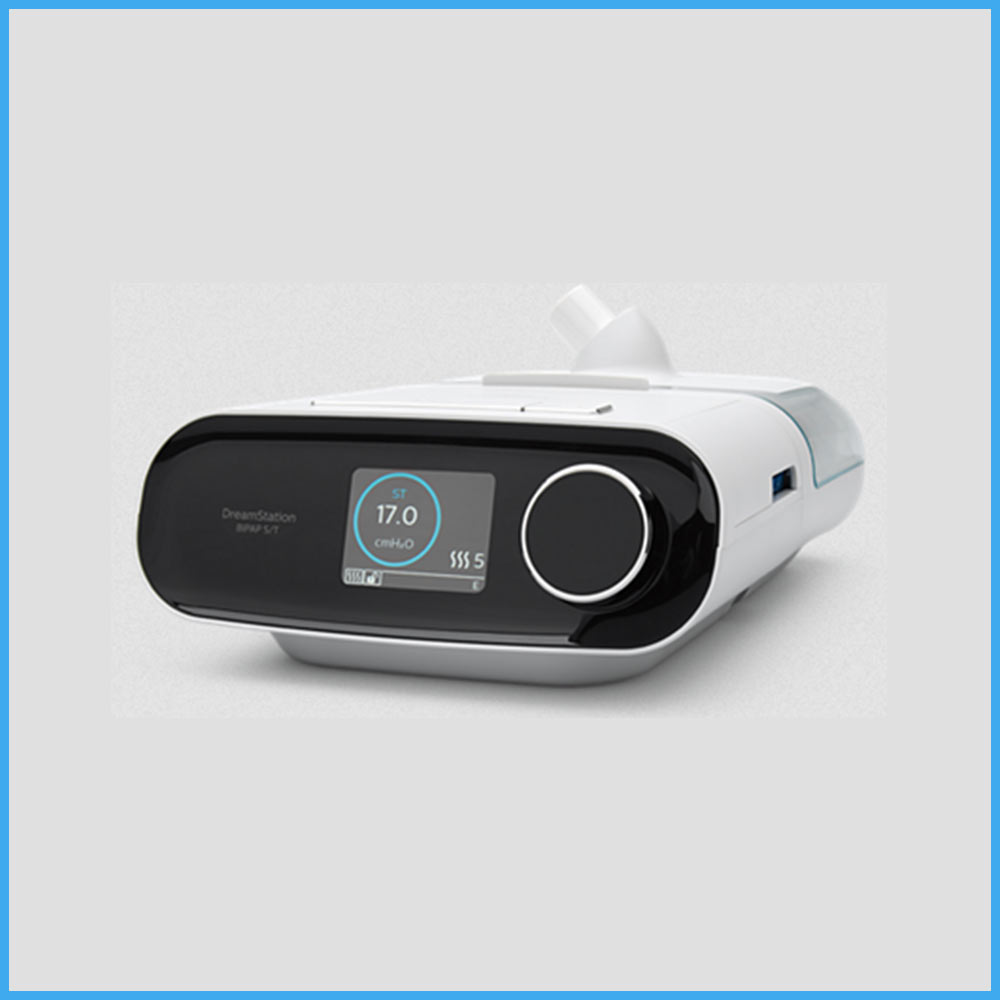
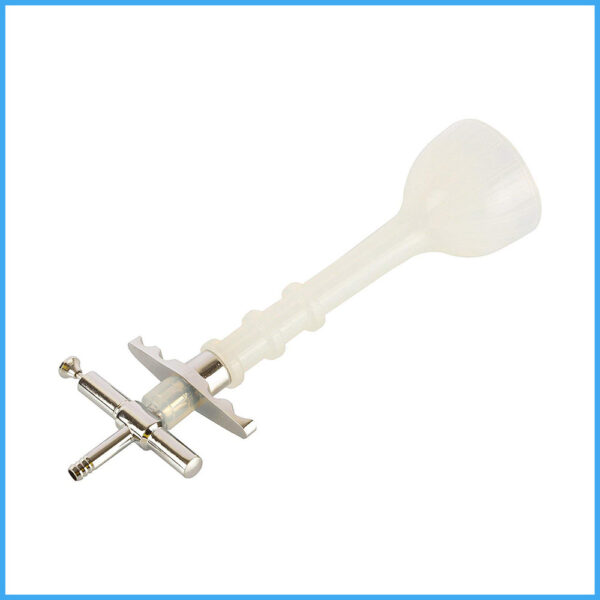
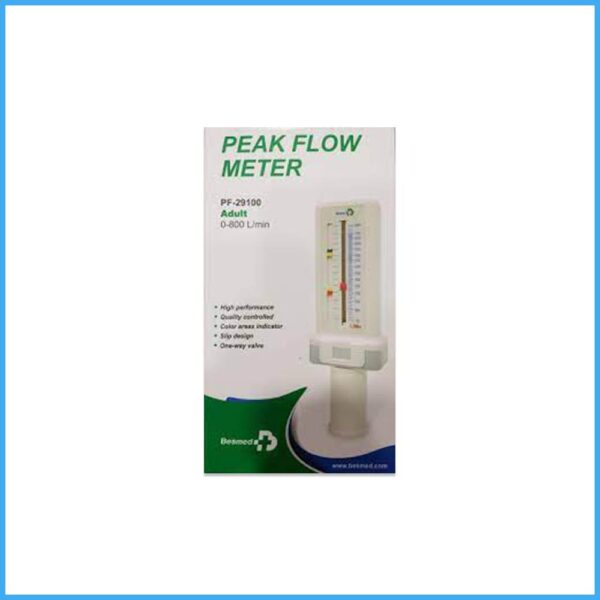
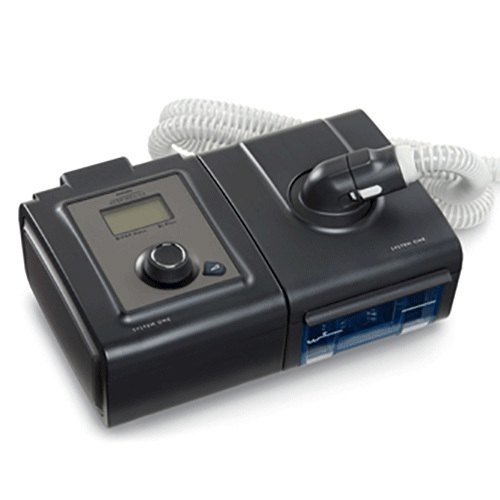
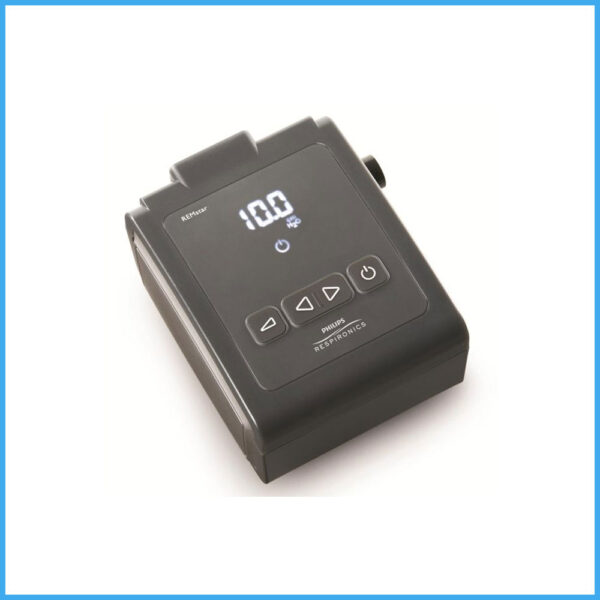
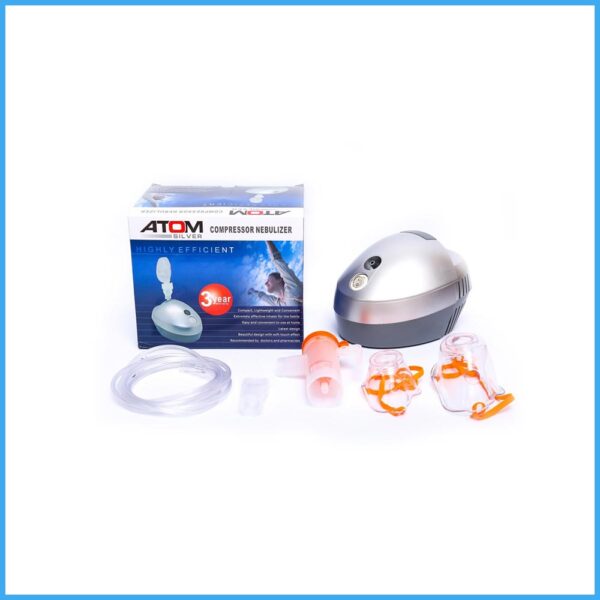
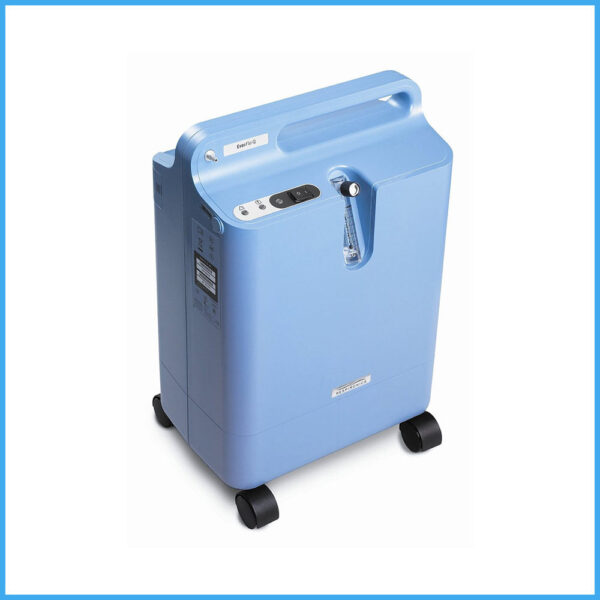
Reviews
There are no reviews yet.